True History of the Kelly Gang
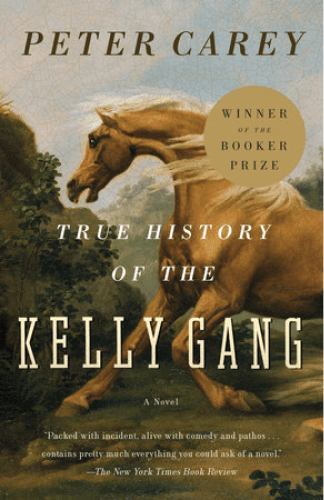
The question at the heart of the novel is whether an outlaw is born or made. While Kelly certainly can’t be taken as a wholly trustworthy narrator (he is, after all, writing his own legacy), he makes a compelling argument that poverty, abuse, lack of positive male role models, lack of education, and abuse pushed him into a life of crime. Students will see many parallels in both American popular culture and real life, and the book invites conversations about nurture vs. nature, the importance of supportive social structures for children and young adults, the exercise of free will, justice, and personal responsibility. Further, the novel offers perspectives on rural life, race, heroes and anti-heroes, and culture from an Australian perspective, which could spark discussions about the ways in which these topics are depicted differently or similarly to how they are in the U. S. There is no question that the novel also interrogates history, the writing of history, and the veracity of historical documents.
Parable of The Sower
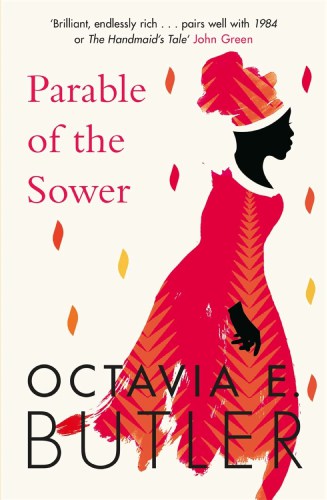
Butler helps readers consider what good things we may lose if we do not fight for the future, or are too blinded by our comforts today to notice the precarious social and political context which makes their enjoyment possible. The text also helps raise questions about the origin of prophecy, imploring the reader to imagine Lauren and Moses as involved in a shared struggle to articulate a message of freedom from bondage and suffering to a people made nearly deaf to it by despair. It is fruitful to consider the allegorical significance of the “Pyros” who, possessed by a drug, put on costumes of diversity before entering into an ecstatic orgy of murder and immolation, which they understand as justice. Readers may consider what ideological narcotics may encourage similar behaviors today.
Leviathan
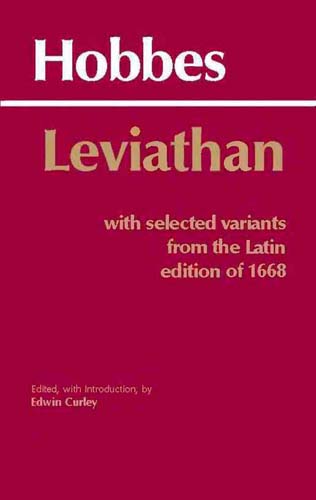
Hobbes’ text is one of the most transformative texts in this history of political thought. This text is a classic of political philosophy and foundational for social contract theory, which in part influenced the framing of the US Constitution and other modern political forms. While pre-hobbesian politics was concerned with the moral and spiritual development of citizens, the modern political projects ushered in by authors like Hobbes were decidedly not. Hobbes was a pioneer in applying the modern scientific method to the study of politics. He saw his work as bringing light into the “kingdom of darkness”, which is how he characterized the understanding of human moral and social life before the application of the scientific method to their study. Hobbes was to the study of politics what Francis Bacon was to the study of nature; truly revolutionary. The political thought of Hobbes continues to influence us today in our taste for representative political institutions, our deference to the will of the majority and in our understanding of the pursuit of power as fundamental to all human action.
The Prince

Considering the reputation of the author of The Prince allows students to see the value of interpreting works in historical and generic context. Machiavelli and his works demonstrate that reception is as important as the content of the work itself. The term Machiavellian typically evokes the idea of “The ends justify the means,” with the implication that Machiavelli himself must have supported absolutism or tyranny. The Prince upset contemporary readers because it is the first printed work that separated civic virtue from morality. As a result, the author’s name became associated with despotism and violence, and the menacing figure of a Machiavel became a common figure in drama at the time.
The Rihala
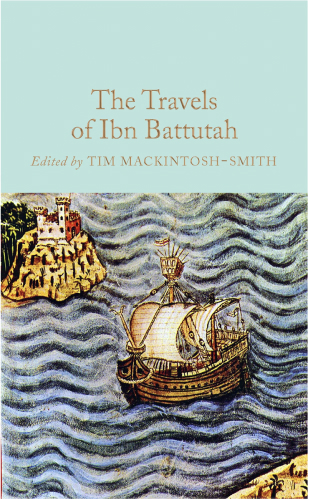
Rihla is about passion for traveling, learning, and experiencing new cultures. Battuta had a great appetite for travel and adventures, and this sentiment comes across to the readers. The beauty of the text lies in its vivid description of people, flora-fauna, food, and customs of the land he travelled. Ibn Juzayy, the writer of the text brilliantly interspersed these physical descriptions with poetry and satirical personal anecdotes. Rihla is an exceptional travelogue and exposes the global interconnectedness of the medieval world, something that is challenging for first year students to comprehend. The text is also an excellent commentary on fourteenth-century global economics, polity, and international relations.
Communist Manifesto
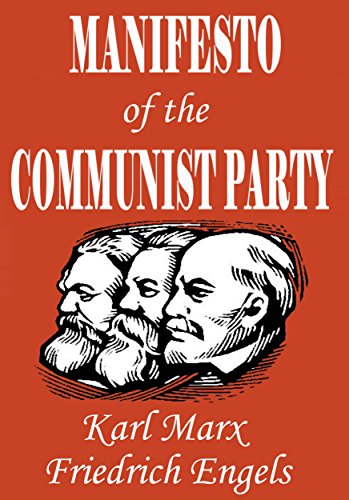
The Manifesto of the Communist Party is a pamphlet that discusses economic disparity. The primary aim of the text was to demand equal rights for all social classes. The inequalities of wealth discussed by the authors are ubiquitous in our present society, and the first-year students enrolled in community colleges are quick to recognize and can relate with the disparities of wealth discussed in the text. Marx and Engels argued that the capitalistic system established in Europe was inherently flawed, and presently our students are experiencing a world that is reeling with the aftereffects of a highly industrialized world. The present climate change and environmental degradation, food insecurity, pollution, inequality in pay, and refugee crisis are all products of the industrialized capitalistic world.
The Analects
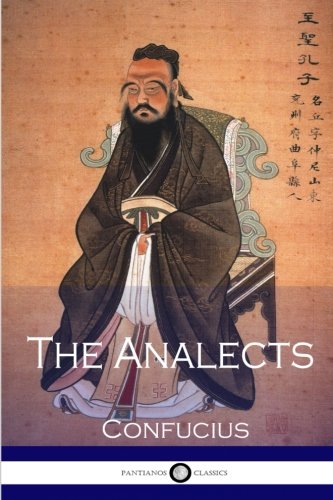
Analects is about morality, and introduces students to the Confucian way or, path. While students may not choose to agree with Confucius understanding of morality and social hierarchical relationships, it is in this disagreement and dialogue that lies the essence of Analects. It is important that students can connect with the text and can reflect on it through their experience. Confucius lived in a period of acute political and cultural crisis, and this is reflected in the text. First year students who also face climate, moral or social crises can reflect on the text and come to their own conclusions about an ideal society and government.
The History of the Peloponnesian War
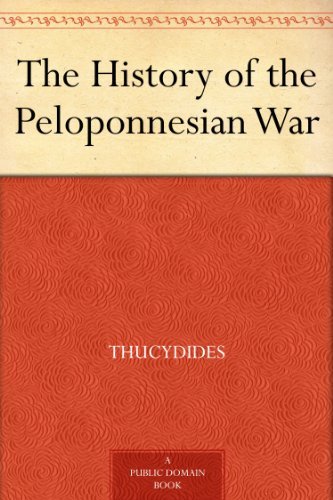
Thucydides’s The History of the Peloponnesian War represented a change in how historical narratives were written. While previous historical works by people like Herodotus tended to at times depart from the facts or used literary novelties, Thucydides communicated his intention to write an accurate account. He outlines how he acquired the information he used in writing his history. As such, present-day historians have praised the methodology Thucydides used in writing The History of the Peloponnesian War. The idea that one must have and use evidence in reconstructing the past, though, to be sure, Thucydides had his own interpretations and opinions.
The Second Treatise of Government
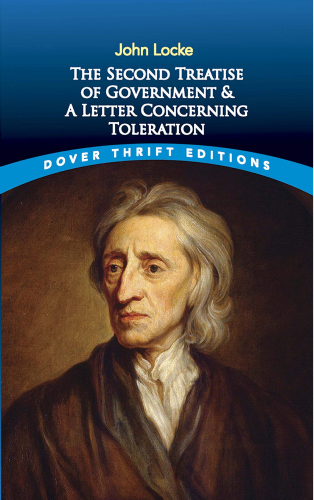
John Locke’s The Second Treatise of Government represented a marked shift in political thought during the seventeenth and eighteenth centuries. At a time when the political power of many nations vested in a monarch or emperor, The Second Treatise of Government placed power in the hands of the people. Furthermore, Locke’s The Second Treatise of Government demonstrates that the people are deserving of the power that they receive in a state of nature. When a government violates life, liberty, and property, the people can depose of the existing government and create a new one. This highlights Locke’s belief that people can improve with experience, as they can establish a better government than the one before. Locke’s philosophy on government helped influence the American Revolution. After all, the structure Thomas Jefferson used to write the Declaration of Independence followed the argument presented by Locke. Jefferson highlighted the colonists’ right to “life, liberty, and the pursuit of happiness” and then proceeded to outline how Great Britain violated it. As a result, the colonies were justified in becoming independent.
Neruda, Poems
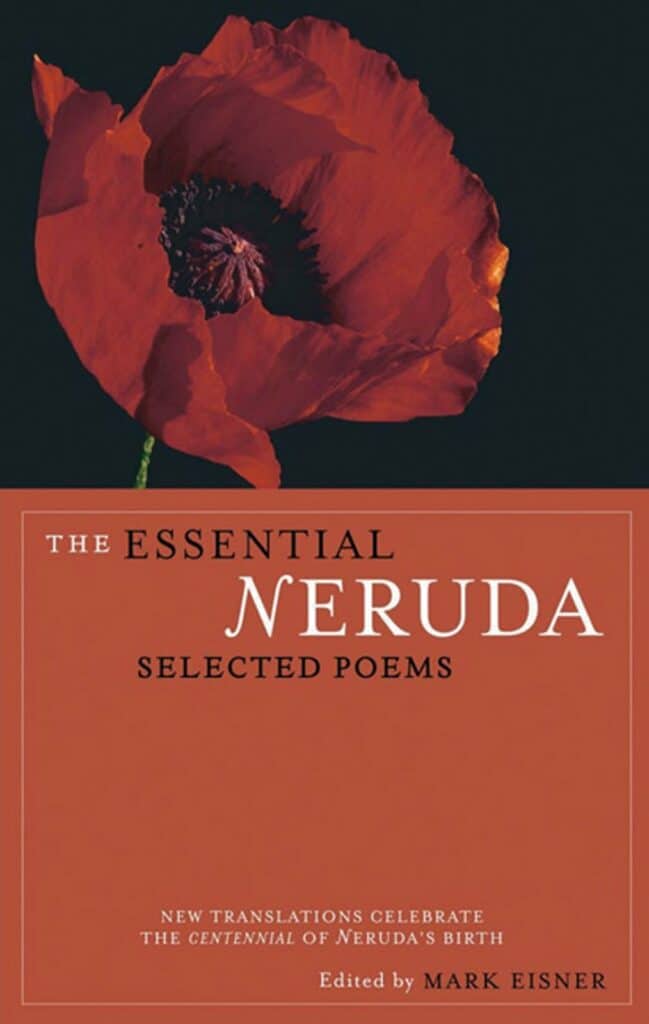
Pablo Neruda’s poetry is rich and varied, ranging from the romantic and lonely to the political to direct and humorous. His works seek to examine important issues love to the oppression that he witnessed in his native Chile. Moreover, Neruda’s poetry also sought to examine philosophical issues that focused on humanity. Despite the variety of poetic topics Neruda covered, his poetry has a unity of style that ties his diverse works together.

